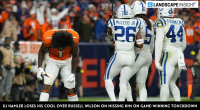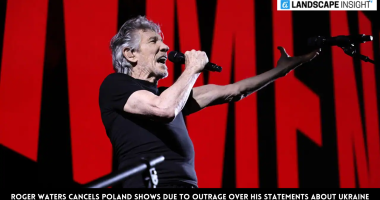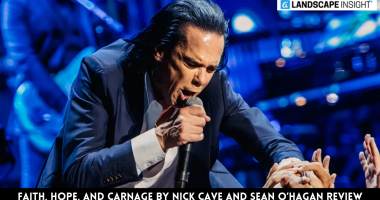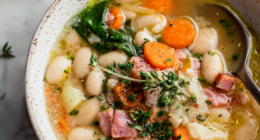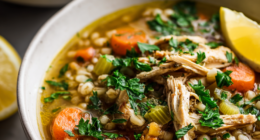The Russian organisation Memorial, the Ukrainian organisation Center for Civil Liberties, and the imprisoned Belarusian rights campaigner Ales Bialiatski will share this year’s Nobel Peace Prize, the award’s judges announced on Friday.
The judges intended to recognise “three great advocates of human rights, democracy, and peaceful coexistence in the neighbouring countries Belarus, Russia, and Ukraine,” according to Berit Reiss-Andersen, chair of the Norwegian Nobel Committee.
“This year’s laureates have reinvigorated and honoured Alfred Nobel’s ideal of peace and fraternity between nations, a vision most needed in the world today,” she told reporters in Oslo. “Through their constant efforts in favour of human values and anti-militarism and principles of law.
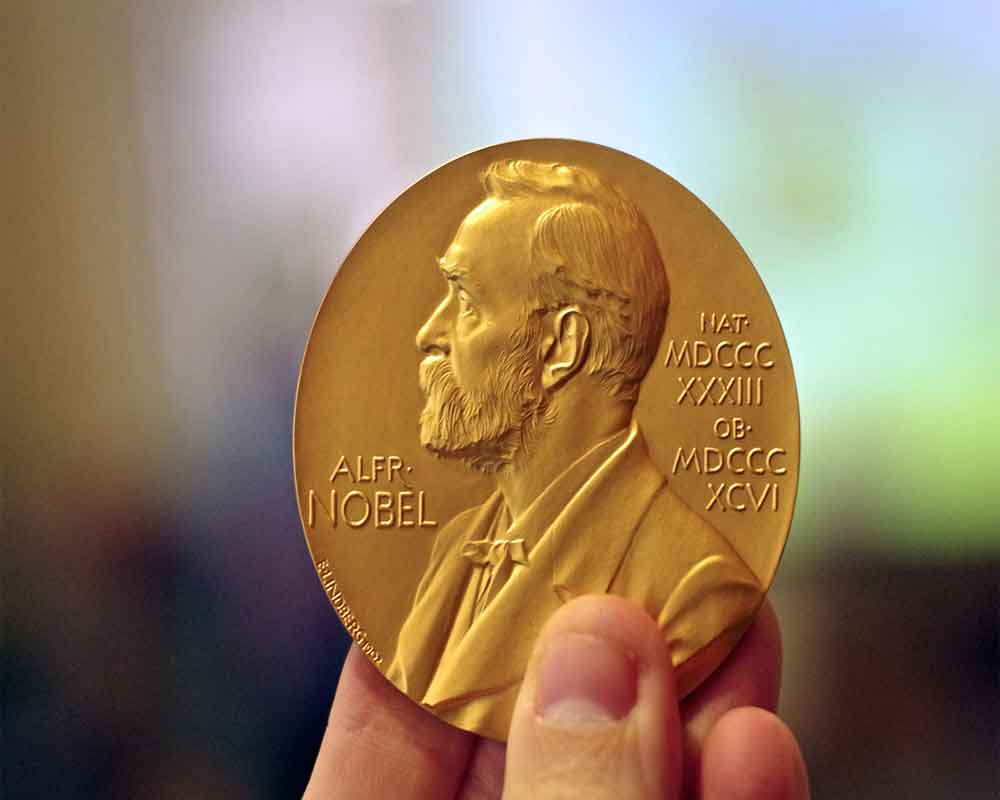
The honour continues a tradition of showcasing organisations and activists working to end the conflict, ease suffering, and defend human rights.
The winners from the previous year have experienced hardship since obtaining the award. The government has been trying to silence journalists, but Dmitry Muratov of Russia and Maria Ressa of the Philippines have been fighting for the survival of their journalistic companies.
For “their efforts to defend freedom of expression, which is a precondition for democracy and sustainable peace,” they received recognition last year.
Monday marked the beginning of Nobel Prize announcement week, with Swedish scientist Svante Paabo receiving the prize in medicine for revealing Neanderthal DNA’s hidden information that was crucial to understanding our immune system.
The physics award was shared by three experts on Tuesday. A phenomenon known as quantum entanglement, which may be utilised for specialised computing and to encrypt information, was demonstrated by the Frenchman Alain Aspect, the American John F. Clauser, and the Austrian Anton Zeilinger.
The American scientists Carolyn R. Bertozzi and K. Barry Sharpless, as well as the Danish researcher Morten Meldal, were given the Nobel Prize in chemistry on Wednesday for creating a method of “snapping molecules together” that can be used to explore cells, map DNA, and create drugs that can more precisely target diseases like cancer.
The recipient of this year’s Nobel Prize in literature is the French author Annie Ernaux. Her books that bravely draw on her experiences as a working-class woman to examine life in France during the 1940s were praised by the panel for skillfully fusing fiction and autobiography.
On Monday, the winner of the economics Nobel Prize for 2022 will be revealed.
The cash awards for the prizes total 10 million Swedish kronor, or roughly $900,000. They will be distributed on December 10. The funds come from a donation made in 1895 by Alfred Nobel, a Swedish inventor who founded the award.
Related Article:
- Nobel Panel To Announce Nobel Prize in Literature Winner!
- Chloe Lattanzi Plastic Surgery Before And After Photos!
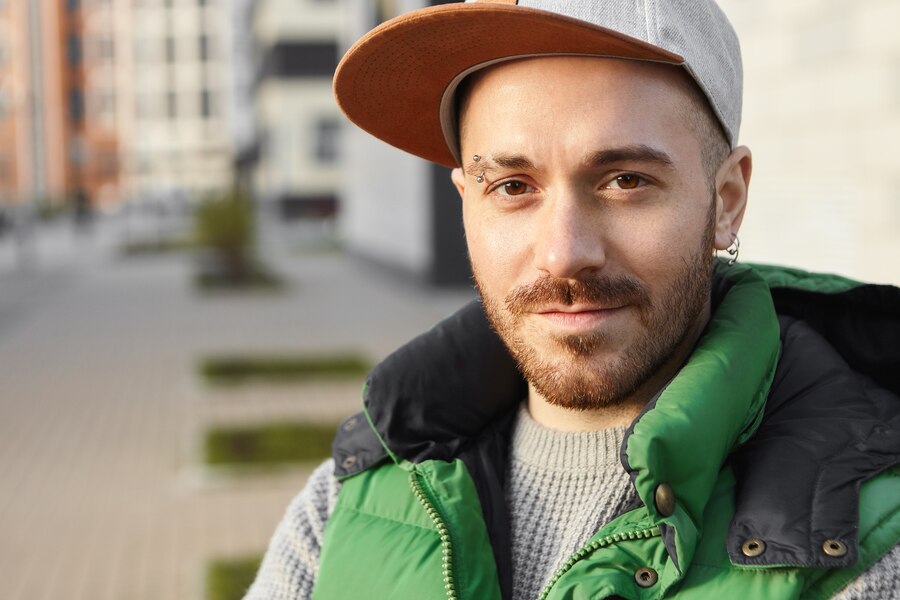
Irving is the Chief Editor at the Landscape Insight. He lives just outside of New York. His writings have also been featured in some very famous magazines. When he isn’t reading the source material for a piece or decompressing with a comfort horror movie, Irving is usually somewhere in his car. You can reach Irving at – [email protected] or on Our website Contact Us Page.

